
Brass, an alloy of copper and zinc, is known for its attractive appearance, durability, and wide range of applications. Here are some of the key benefits of brass:
1.Corrosion Resistance
Brass is highly resistant to corrosion, making it ideal for use in environments where it may be exposed to moisture and various chemicals. This property makes brass a popular choice for plumbing fittings, marine hardware, and outdoor applications.
2. Aesthetic Appeal
Brass has a bright, gold-like appearance that makes it visually appealing. Its shiny, polished surface is often used in decorative items, architectural elements, musical instruments, and jewelry. Over time, brass develops a patina that adds to its aesthetic charm.
3. Durability and Strength
Brass is durable and strong, yet it has a lower melting point than pure copper, making it easier to cast and shape. It retains its strength over time, which is why it is commonly used in mechanical applications such as gears, bearings, and valves.
4. Malleability and Workability
Brass is highly malleable, meaning it can be easily molded, rolled, or stamped into various shapes without breaking. This property is advantageous in manufacturing processes where precise and complex shapes are required.
5. Conductivity
While not as conductive as pure copper, Brass still has good electrical and thermal conductivity. This makes it suitable for use in electrical connectors, terminals, and other applications where efficient heat or electricity transfer is necessary.
6. Antimicrobial Properties
Like copper, Brass has natural antimicrobial properties. It can help reduce the spread of bacteria and other pathogens, making it a good material for applications in healthcare settings, food processing, and public spaces.
7. Acoustic Properties
Brass is widely used in the production of musical instruments such as trumpets, trombones, and saxophones due to its excellent acoustic properties. It produces a bright, resonant sound that is favored by musicians.
8. Recyclability
Brass is 100% recyclable, which makes it an environmentally friendly material. Recycling brass conserves resources, reduces energy consumption, and minimizes waste.
9. Variety of Alloys
There are many different types of Brass alloys, each with varying proportions of copper and zinc, as well as other elements like lead, tin, and aluminum. This variety allows for customization of the alloy's properties to suit specific applications, from high-strength fittings to decorative elements.
10. Cost-Effectiveness
Compared to pure copper and other metals like gold and silver, Brass is relatively inexpensive. Its combination of desirable properties and cost-effectiveness makes it a popular choice for a wide range of applications.
Conclusion
Brass offers numerous benefits that make it a versatile and valuable material in many industries. Its corrosion resistance, aesthetic appeal, durability, workability, conductivity, and antimicrobial properties ensure its continued use in plumbing, construction, music, healthcare, and beyond. The recyclability and cost-effectiveness of BRASSGLOBE collections further enhance its appeal as a sustainable and economical choice for various applications.

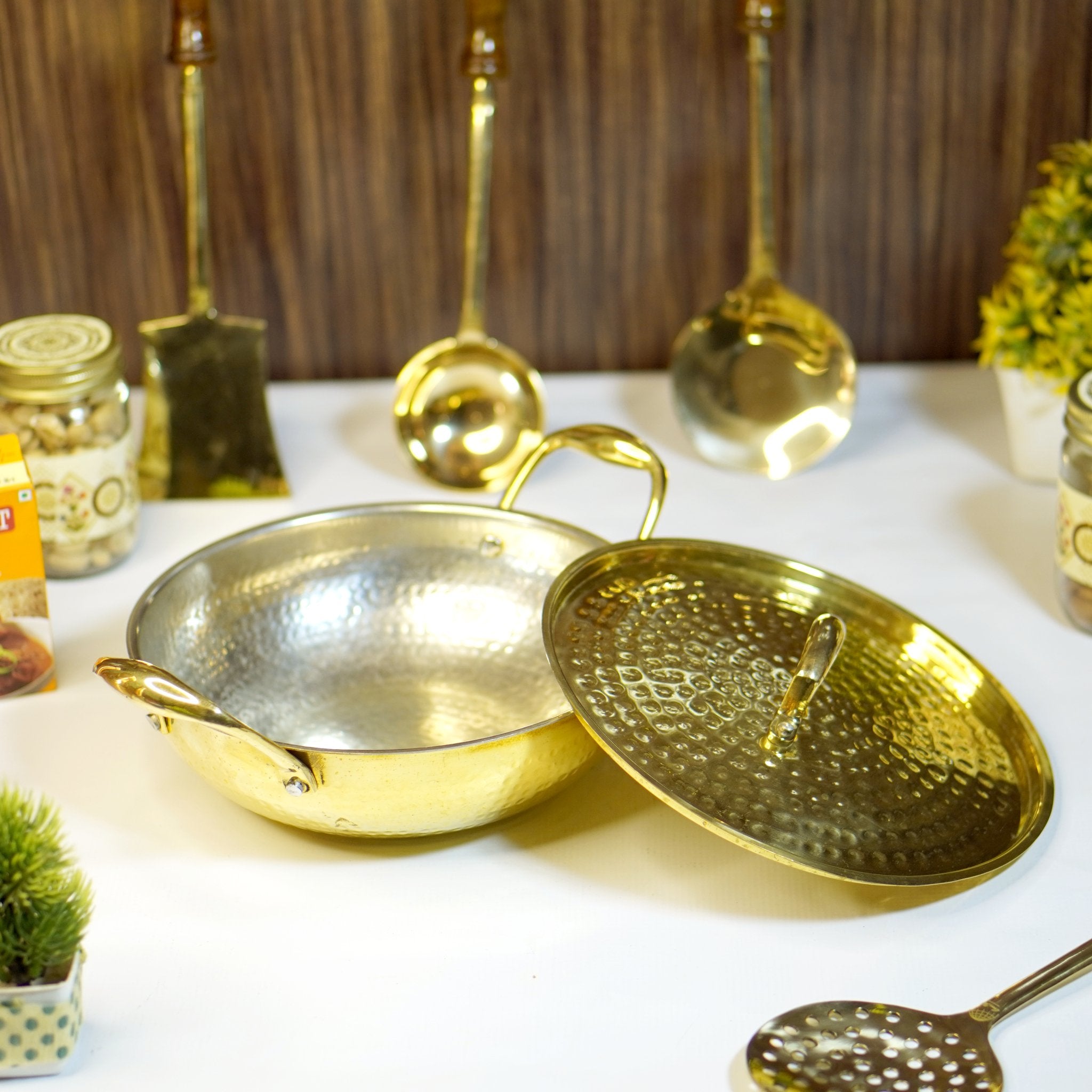
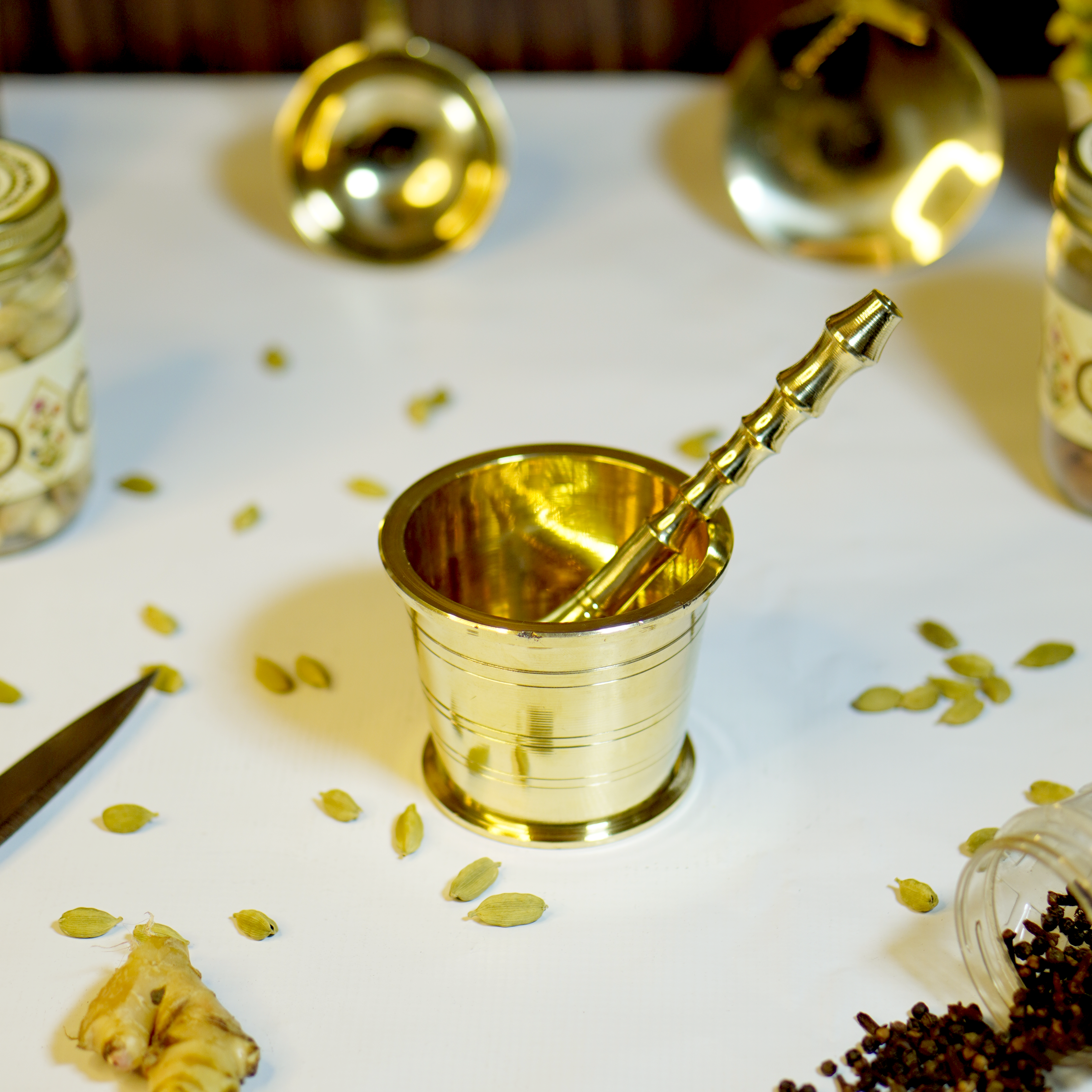
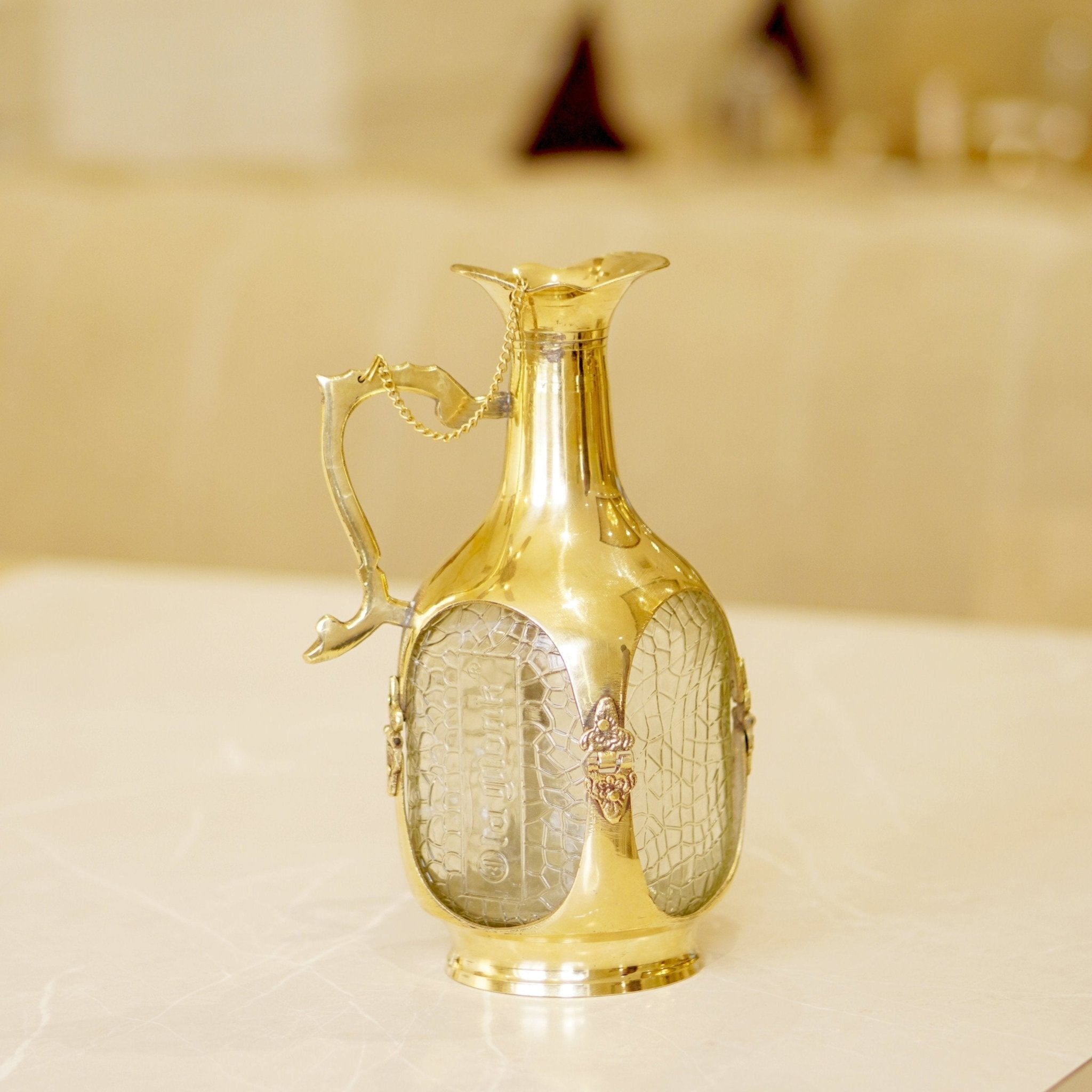
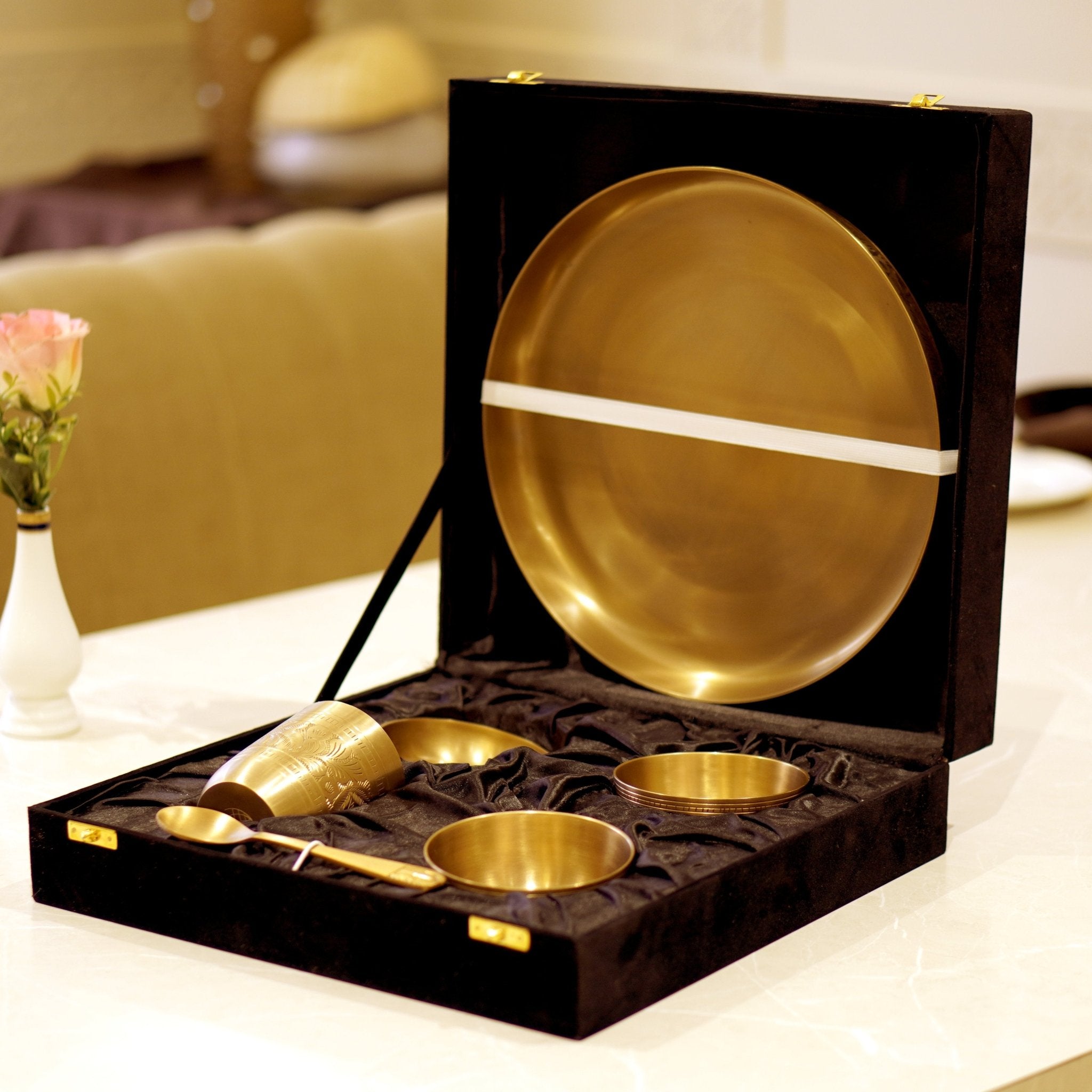
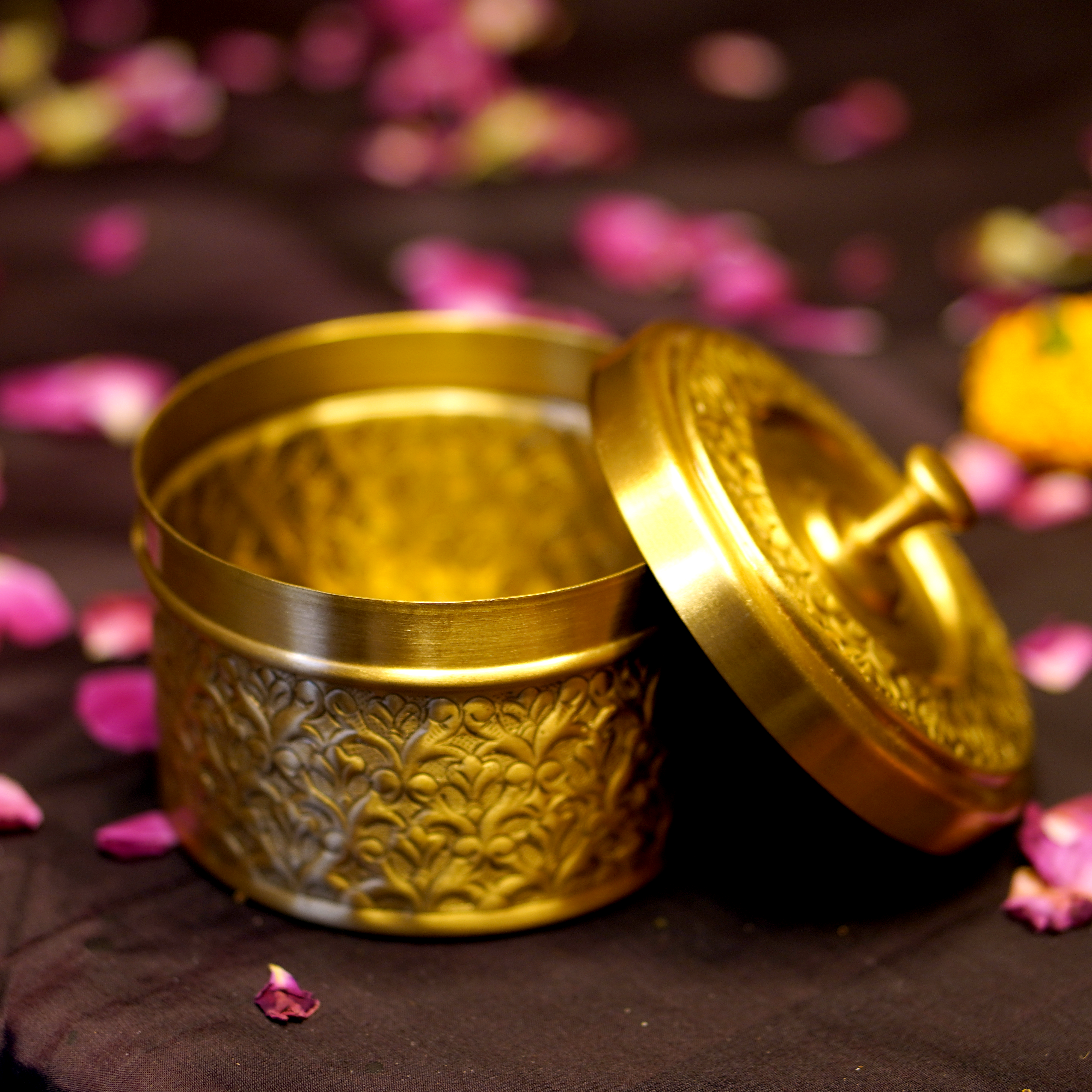
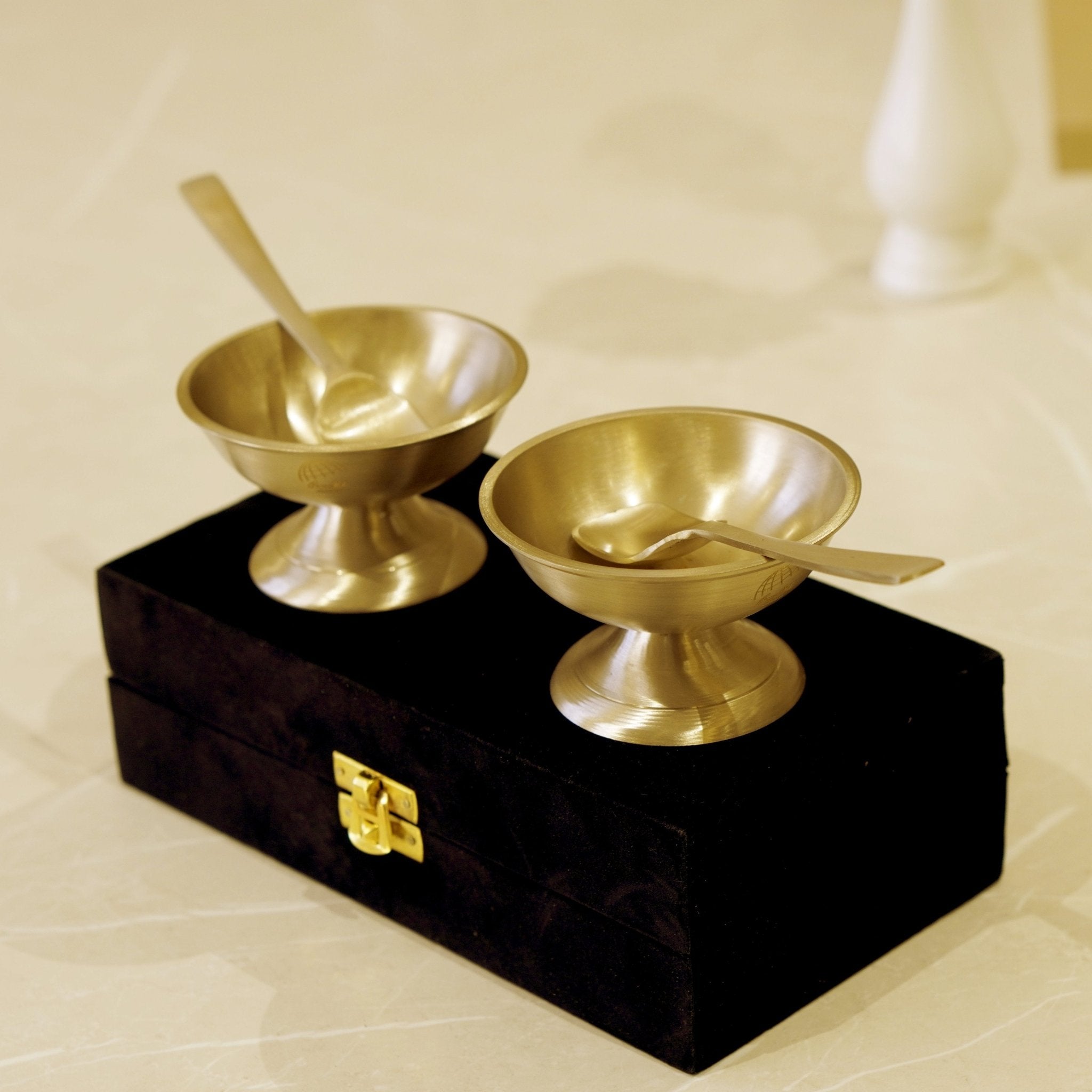

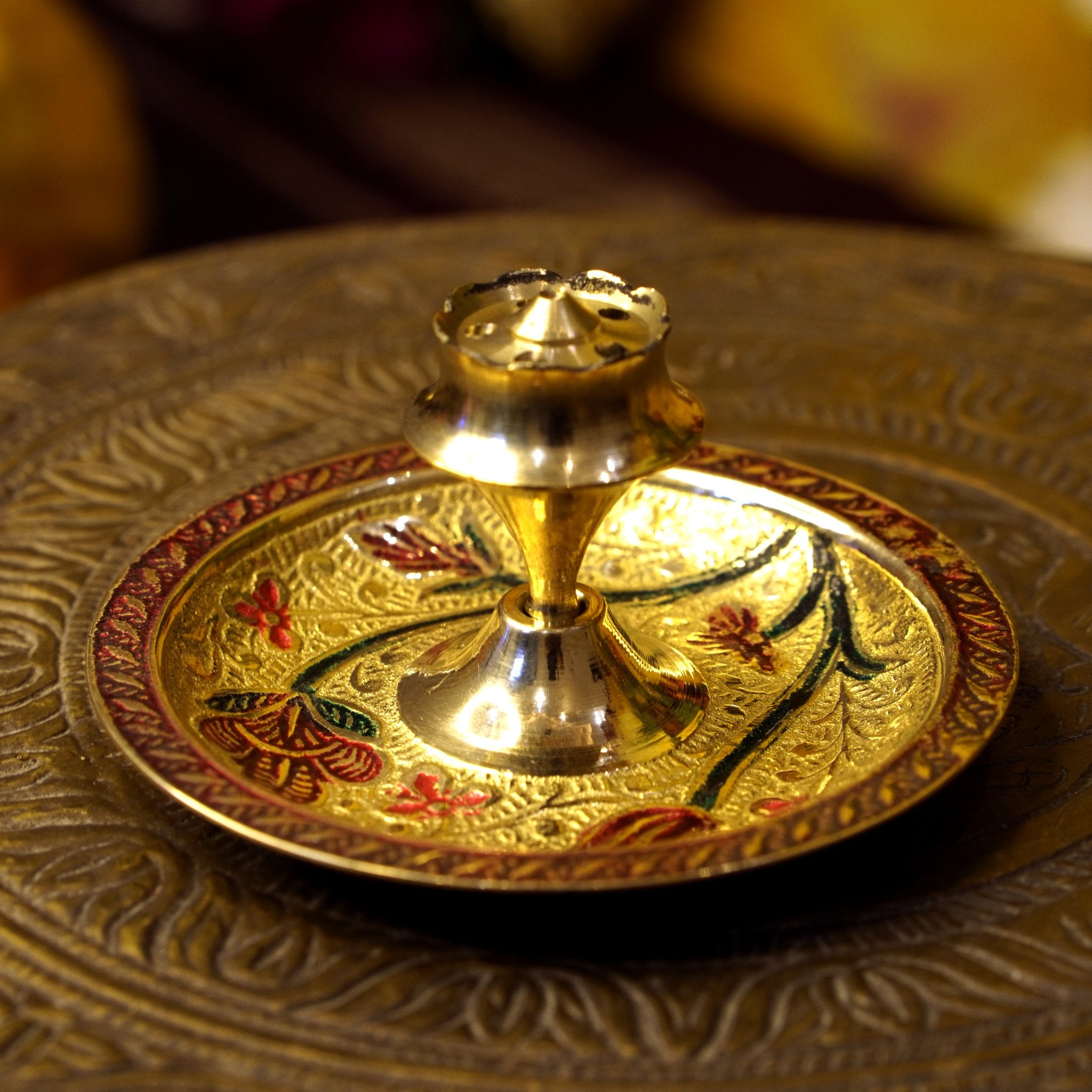
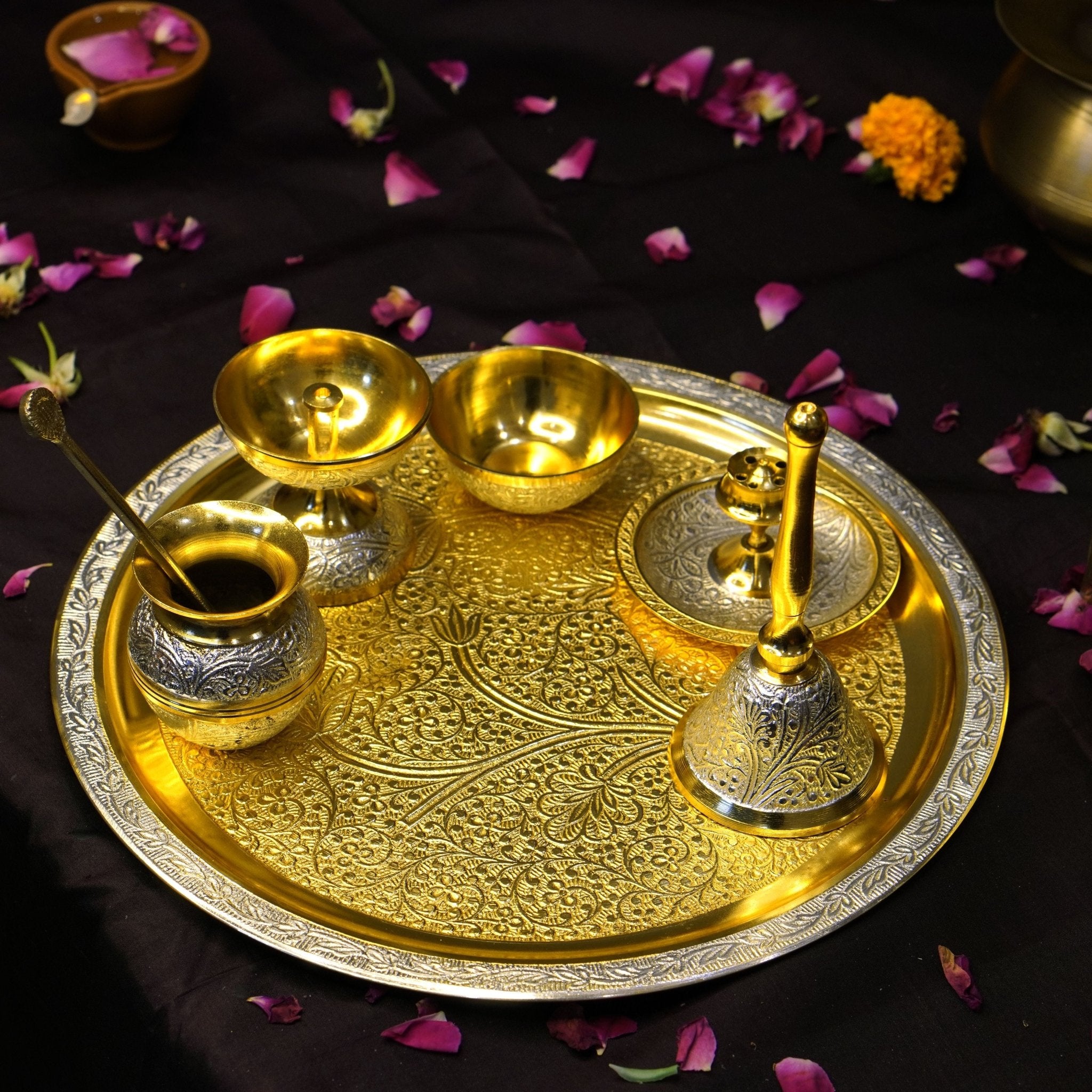
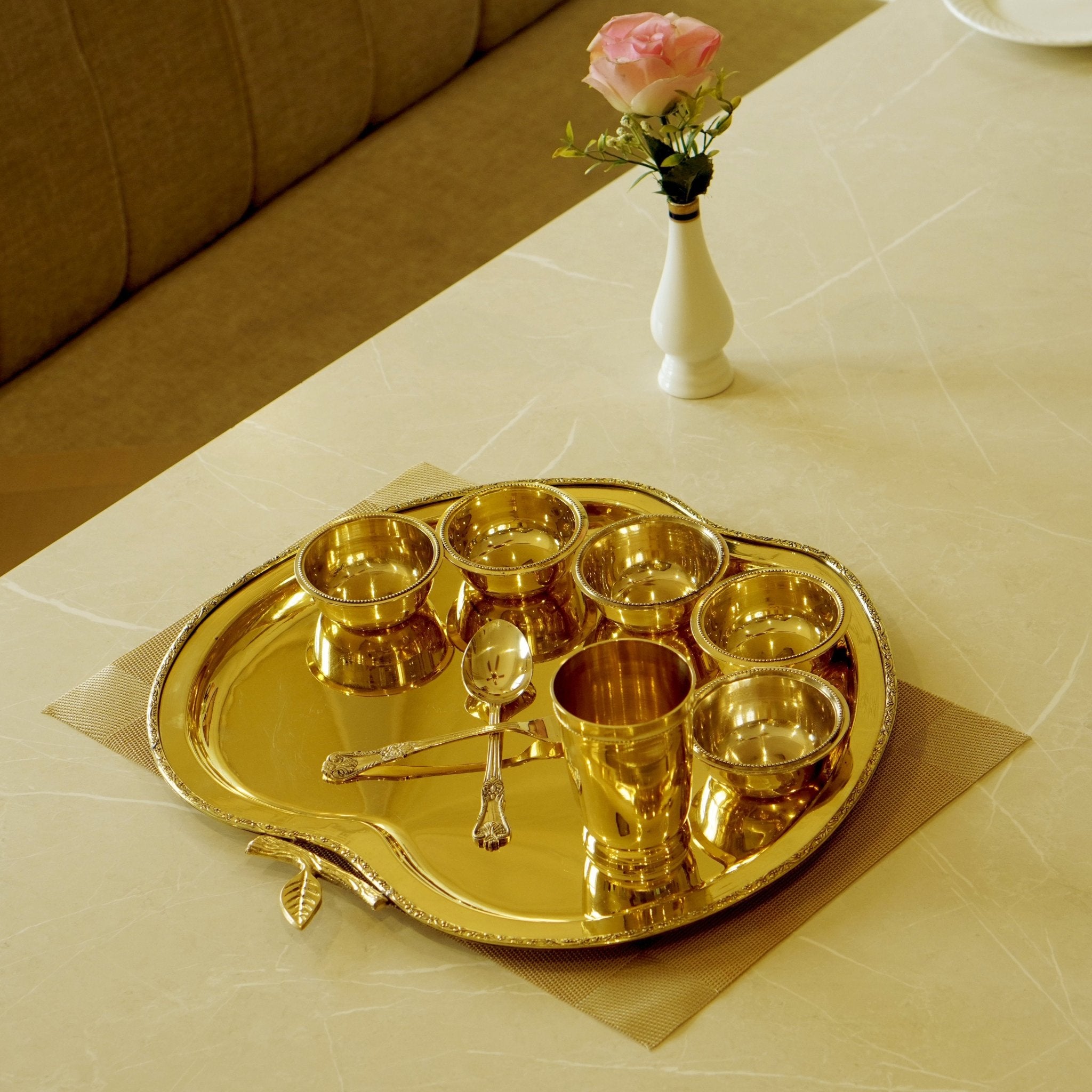
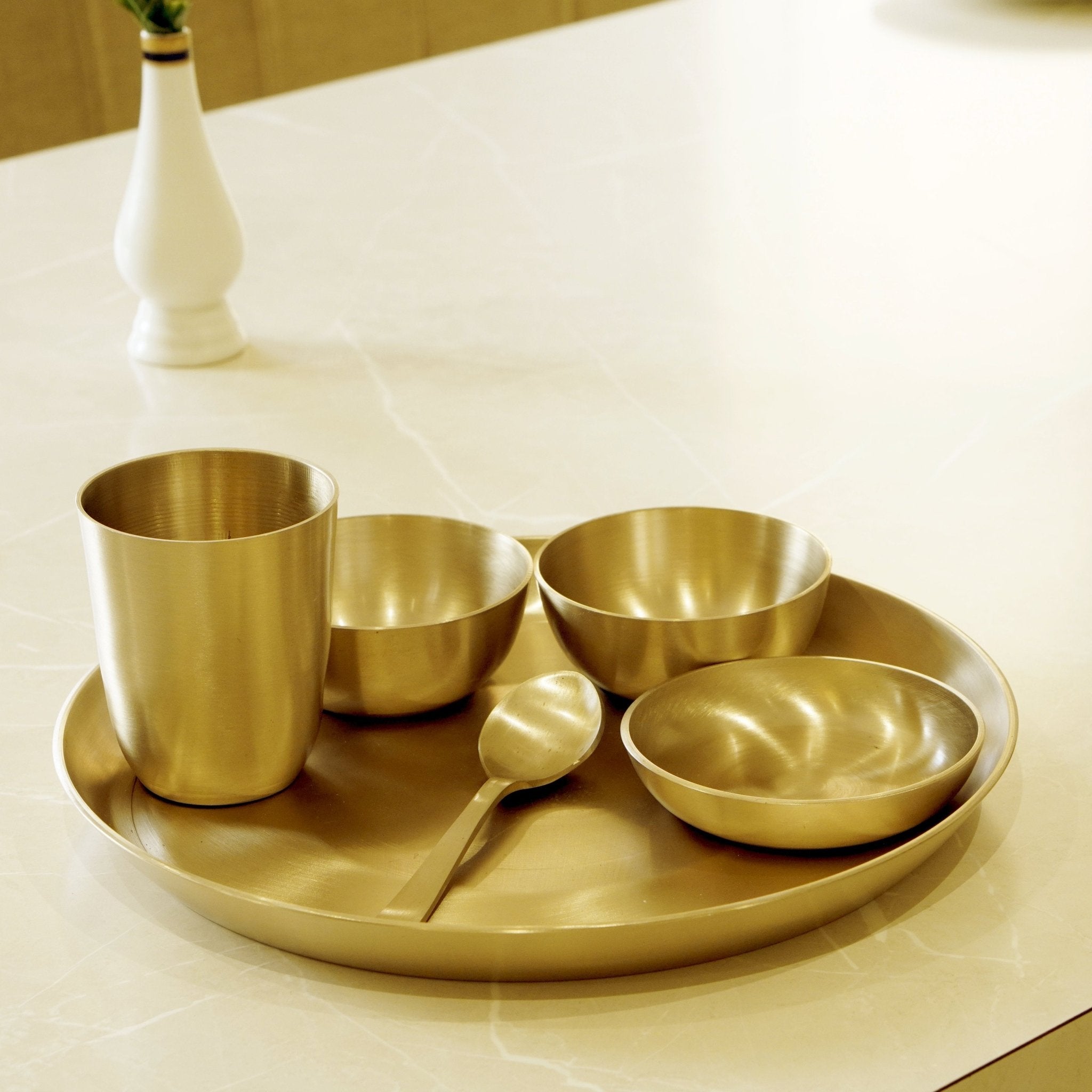
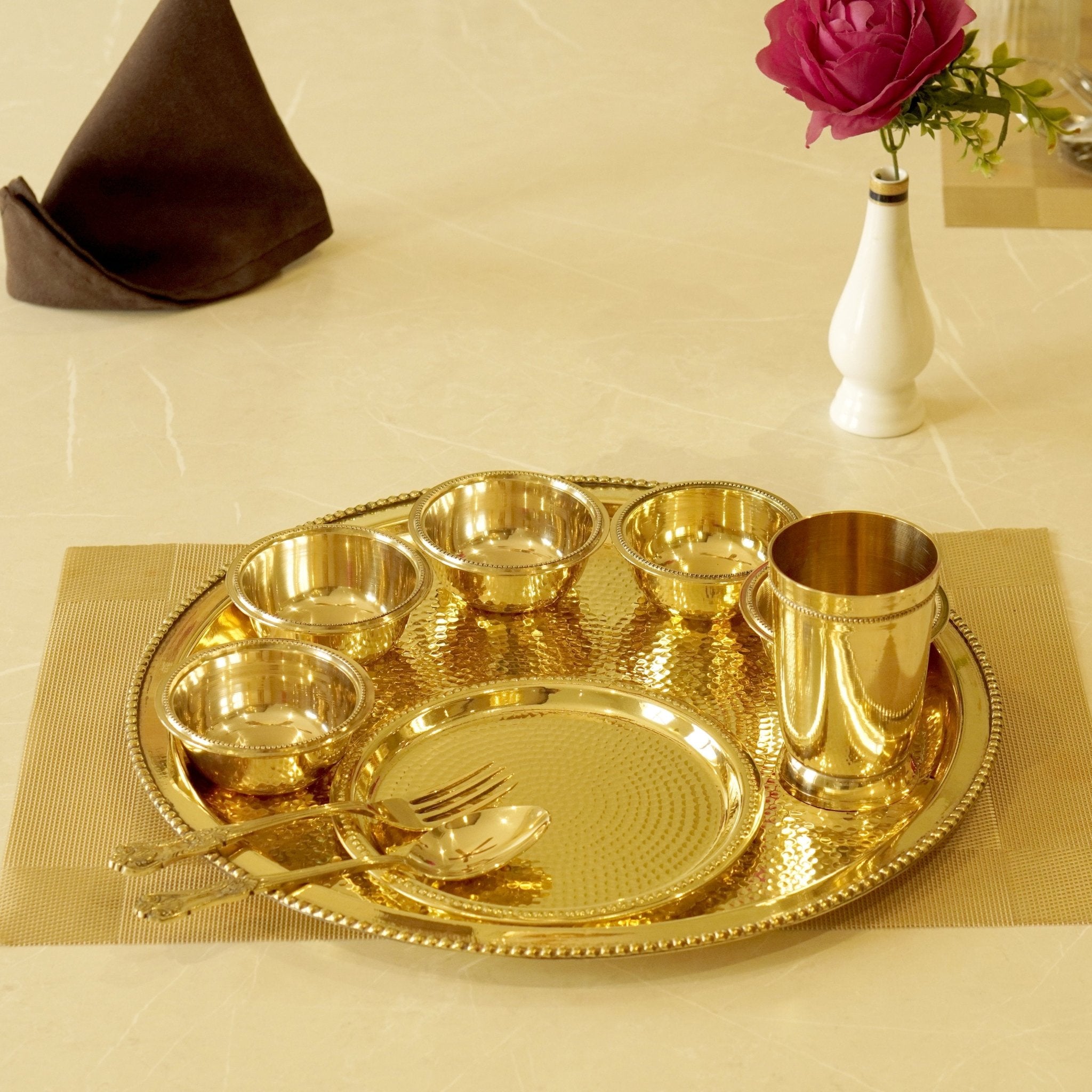
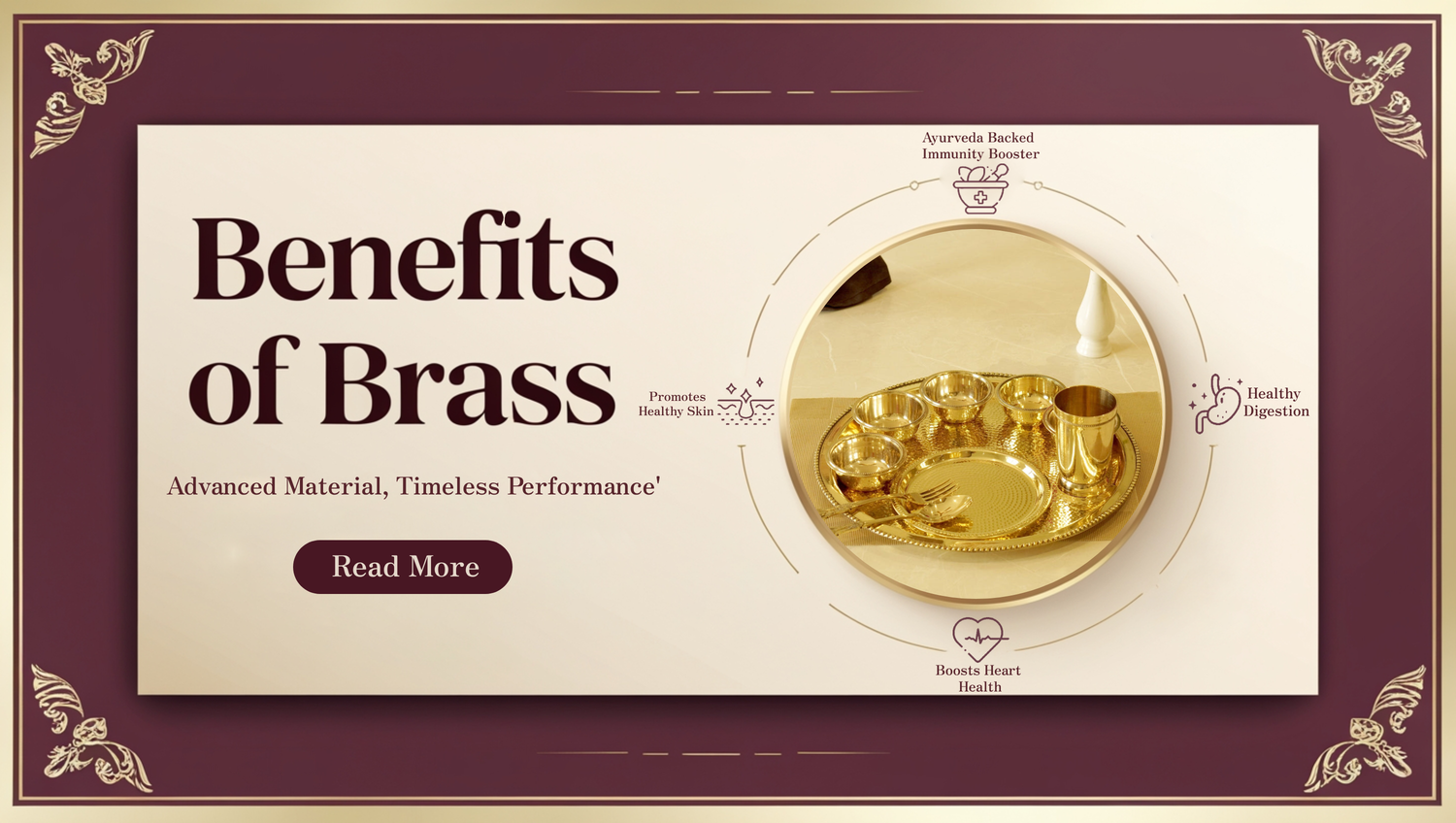
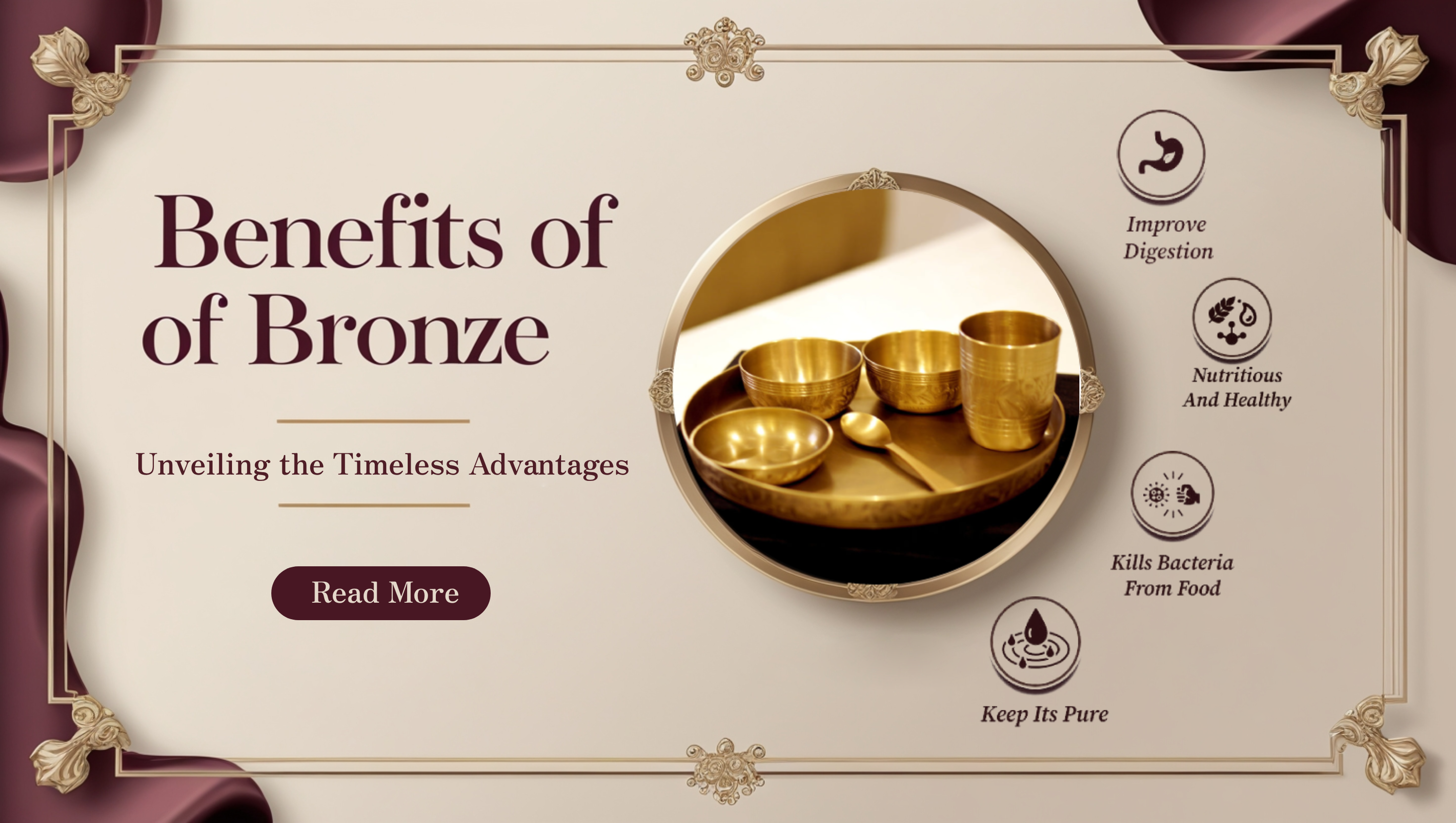
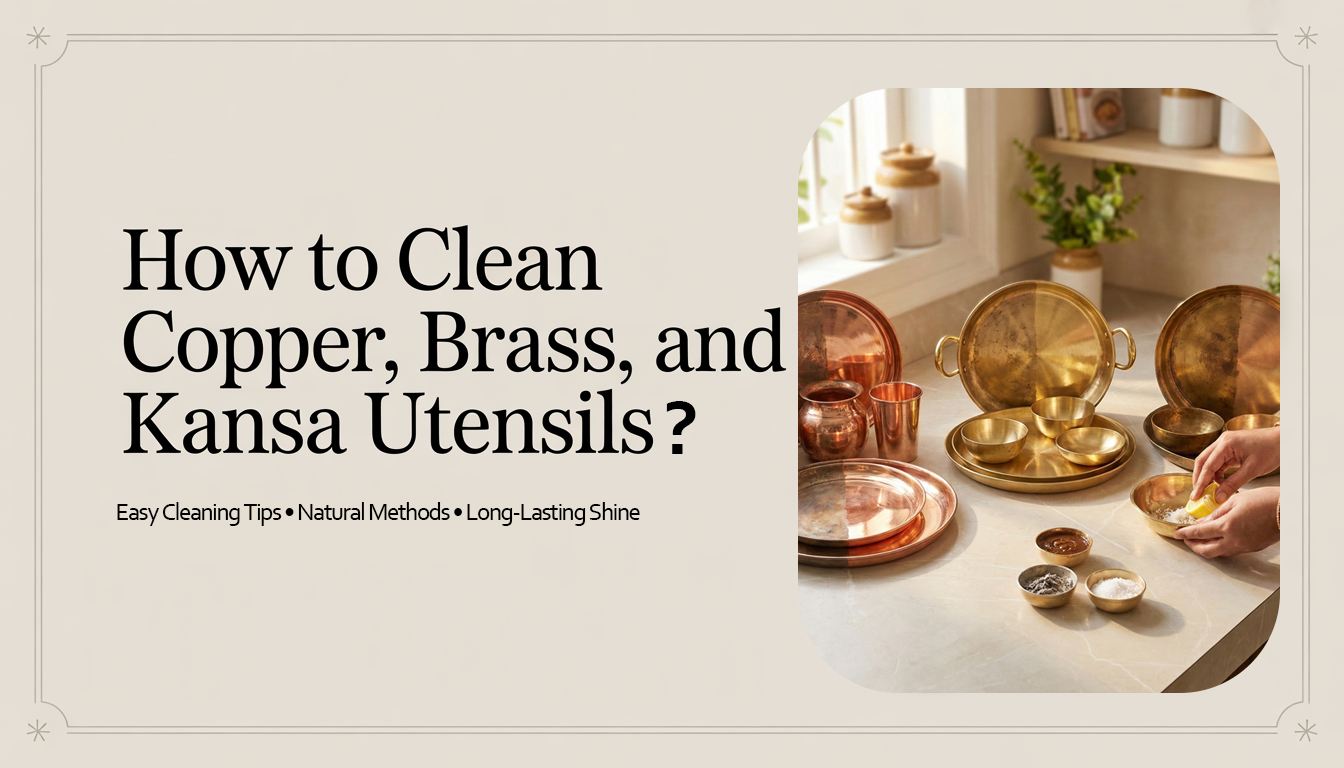
Leave a comment
This site is protected by hCaptcha and the hCaptcha Privacy Policy and Terms of Service apply.